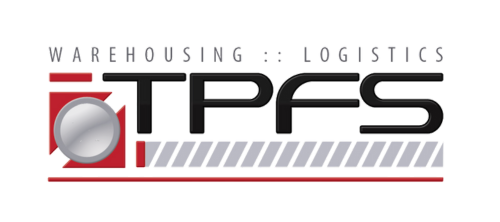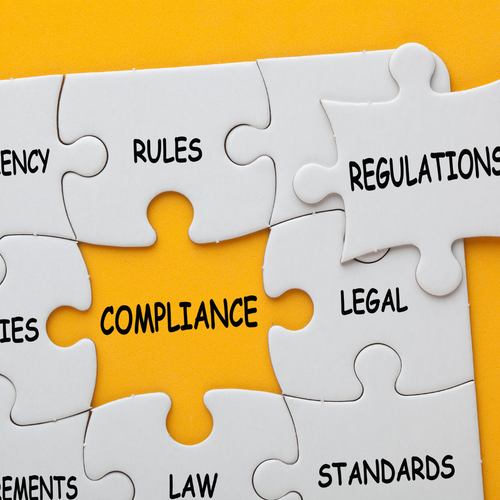In today's globalized economy, businesses must navigate a complex landscape of regulatory compliance across various jurisdictions, ensuring that their supply chain operations adhere to import/export controls, environmental standards, and labor laws. In this post, we will discuss the challenges of regulatory compliance in supply chain management and provide solutions to help businesses overcome these hurdles.
One of the primary challenges of regulatory compliance is understanding the multitude of regulations that apply to different countries and industries. Businesses must stay informed about the latest rules and requirements, which can be a time-consuming and resource-intensive process. To ensure compliance, you can invest in compliance management software or partner with regulatory consultants or third-party logistics (3PL) providers with expertise in navigating complex regulatory environments.
Ensuring supplier compliance is another challenge, as businesses must verify that their suppliers are adhering to the required regulations. This is especially important in industries with stringent regulations, such as food, pharmaceuticals, and chemicals. To be proactive, implement a comprehensive supplier management process, including regular audits and assessments, to ensure suppliers meet regulatory standards. Collaborate with suppliers to address any compliance issues and consider partnering with a 3PL provider with experience in managing supplier compliance.
Regulations are constantly evolving, and businesses must adapt their operations to remain compliant. This can be particularly challenging when faced with sudden changes or new regulations. You can stay one step ahead by establishing a proactive regulatory monitoring system, utilizing resources like government websites, industry associations, and regulatory consultants. Develop a plan to quickly implement necessary changes in response to new regulations.
Ensuring that employees are knowledgeable about relevant regulations and their implications on the company's operations is also critical for maintaining compliance. By implementing regular training programs for employees that establish clear communication channels to disseminate information about regulatory updates, everyone will be on the same page.
Maintaining accurate records and documentation is essential for demonstrating compliance during inspections or audits. Businesses must ensure that their record-keeping systems are up-to-date and can quickly produce the required information when needed. By investing in robust record-keeping software and establish a clear process for maintaining and updating documentation. Conduct periodic internal audits to verify the accuracy and completeness of records.
Regulatory compliance in supply chain management is a complex and challenging aspect of doing business in today's global economy. By understanding the challenges, implementing robust solutions, and partnering with experienced 3PL providers, businesses can navigate the regulatory landscape and ensure their operations remain compliant and resilient.

